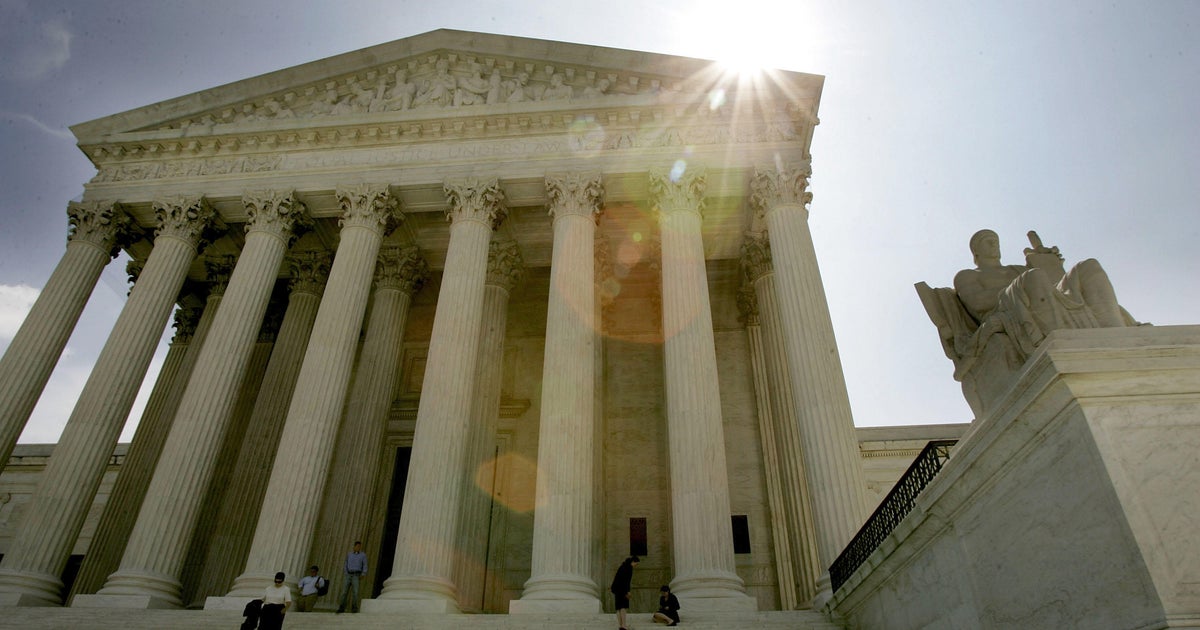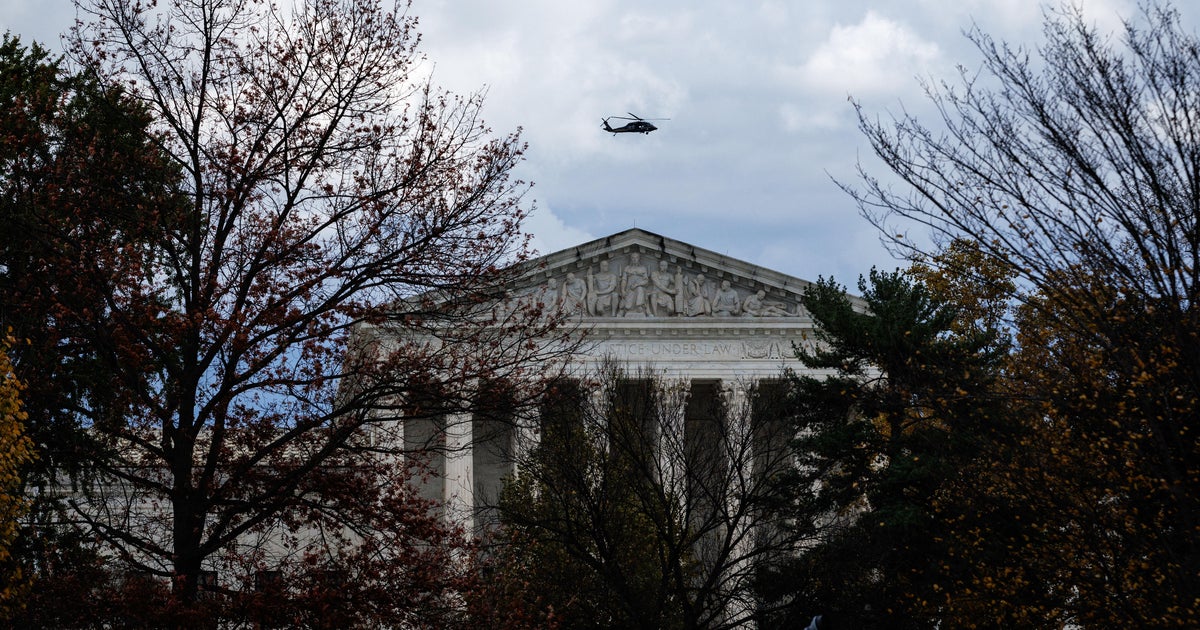New high court challenge to labor unions follows 4-4 split
WASHINGTON - Conservative groups are wasting little time in trying to deal a crippling blow to labor unions now that Justice Neil Gorsuch has joined the Supreme Court.
A First Amendment clash over public sector unions left the justices deadlocked last year after the death of Justice Antonin Scalia. But union opponents have quickly steered a new case through federal courts in Illinois and they plan to appeal it to the high court on Tuesday.
The groups say unions representing government employees violate the free speech rights of workers by collecting money from people who don't want to join.
If the high court agrees, it could threaten the financial viability of unions and reduce the clout of labor, one of the biggest contributors to Democratic political campaigns.
The Supreme Court seemed all but certain to rule against the unions in a similar case -- Friedrichs v. California Teachers Association -- argued before Scalia died. That case, involving a California teachers' union, was the first of several to split 4-4 while the court was short-handed. The deadlock left in place a four-decade-old practice that lets public-sector unions collect fees from non-members to cover the costs of collective bargaining.
"Our hope is that a year from now, the Supreme Court will end this injustice and free every public school teacher, safety officer and other government worker to decide for themselves whether or not to financially support a union with their hard-earned money," said a joint statement from the two organizations backing the case - the National Right to Work Legal Defense Foundation and Liberty Justice Center.
The Supreme Court won't consider taking up the case until September at the earliest.
The latest appeal comes as union membership in the U.S. hit new lows last year, sinking to just 10.7 percent of the workforce. As private union membership has steadily declined, about half of all union members now work for federal, state and local government. Most of them are in states like Illinois, New York, and California that are largely Democratic and seen as friendly toward unions.
The Illinois case involves Mark Janus, a state employee who says Illinois law violates his free speech rights by requiring him to pay fees subsidizing a union he doesn't support, the American Federation of State, County and Municipal Employees. About half the states have similar laws covering so-called "fair share" fees that cover bargaining costs for nonmembers.
Janus is seeking to overturn a 1977 Supreme Court case that said public workers who refuse to join a union can still be required to pay for bargaining costs, as long as the fees don't go toward political purposes. The arrangement was supposed to prevent nonmembers from "free riding," since the union has a legal duty to represent all workers.
A federal appeals court in Chicago rejected Janus' claim in March, ruling that the fees were constitutional under the 1977 case, Abood v. Detroit Board of Education.
AFSCME President Lee Saunders called the case an effort to chip away at the power of unions "to negotiate a fair return on our work, provide for our families, and lift up the concerns of all working families."
Last year, the issue split the court's liberal and conservative members during oral arguments in the California case. Several conservative justices, including Scalia, seemed ready to scrap Abood. They said bargaining issues like teacher salaries, merit promotions and class sizes are all intertwined with political issues involving the size of state budgets and how taxpayer dollars should be spent.
While unions avoided a loss after Scalia's death, Gorsuch is seen as equally conservative, though he has not expressed views on the issue of fair share union fees.
For unions, the loss of millions in fees would reduce their power to bargain for higher wages and benefits for government employees.
"This is an aggressive litigation campaign aimed at undermining unions' ability to operate by forcing them to represent people for free," said Benjamin Sachs, a professor at Harvard Law School specializing in labor law.



